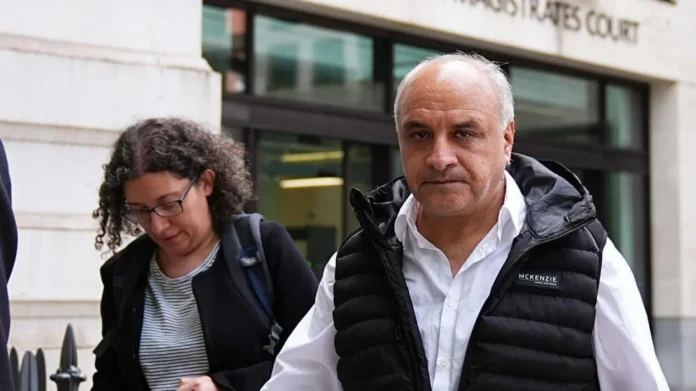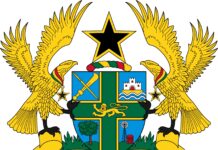A Kurdish-Armenian man who burned a Koran outside Turkey’s embassy in London has won an appeal against his conviction, in a landmark ruling hailed by free-speech campaigners as a victory for freedom of expression in the UK.
Hamit Coskun, 51, was originally convicted in June of a religiously aggravated public order offence and fined after setting the Islamic holy book alight outside Ankara’s consulate in February while shouting slogans critical of Islam.
Born in Turkey, Coskun argued that he had been persecuted in his homeland and sought refuge in Britain to “speak freely about the dangers of radical Islam.”
His case was backed by the National Secular Society (NSS) and the Free Speech Union (FSU), who contended that he was being prosecuted for blasphemy, even though blasphemy laws were abolished in England and Wales in 2008.
On Friday, Judge Joel Bennathan of Southwark Crown Court overturned the conviction, declaring that while the act was “deeply upsetting and offensive to many Muslims,” it did not constitute a criminal offence.
“The criminal law does not exist to avoid people being upset, even grievously upset,” the judge said. “The right to freedom of expression, if it is a right worth having, must include the right to express views that offend, shock, or disturb.”
The decision drew widespread praise from free-speech advocates, with the Free Speech Union stating that the ruling “sends a clear message that anti-religious protests, however offensive to true believers, must be tolerated.”
In a statement following the verdict, Coskun said he was “reassured” that Britain had upheld his right to speak freely.
“I came to England having been persecuted in Turkey, to be able to speak openly about the dangers of radical Islam. I will now be free to educate the British public about my beliefs,” he said.
Coskun has also received support from Robert Jenrick, the opposition Conservative Party’s justice spokesperson and former leadership contender, who said the case reaffirmed “the fundamental importance of free expression in a democratic society.”
The ruling comes amid rising tensions between Turkey and Western countries over Koran-burning protests, which have previously sparked diplomatic outrage and mass demonstrations across the Islamic world.
In 2023, Turkish President Recep Tayyip Erdogan condemned Sweden for allowing a similar protest, temporarily stalling Stockholm’s NATO membership bid.
Coskun’s background also reflects wider regional complexities, Turkey’s decades-long conflict with Kurdish fighters and ongoing disputes with Armenia over recognition of the 1915 Ottoman-era genocide, which Ankara continues to deny.
Source: AFP
Written By Rodney Mbua



















